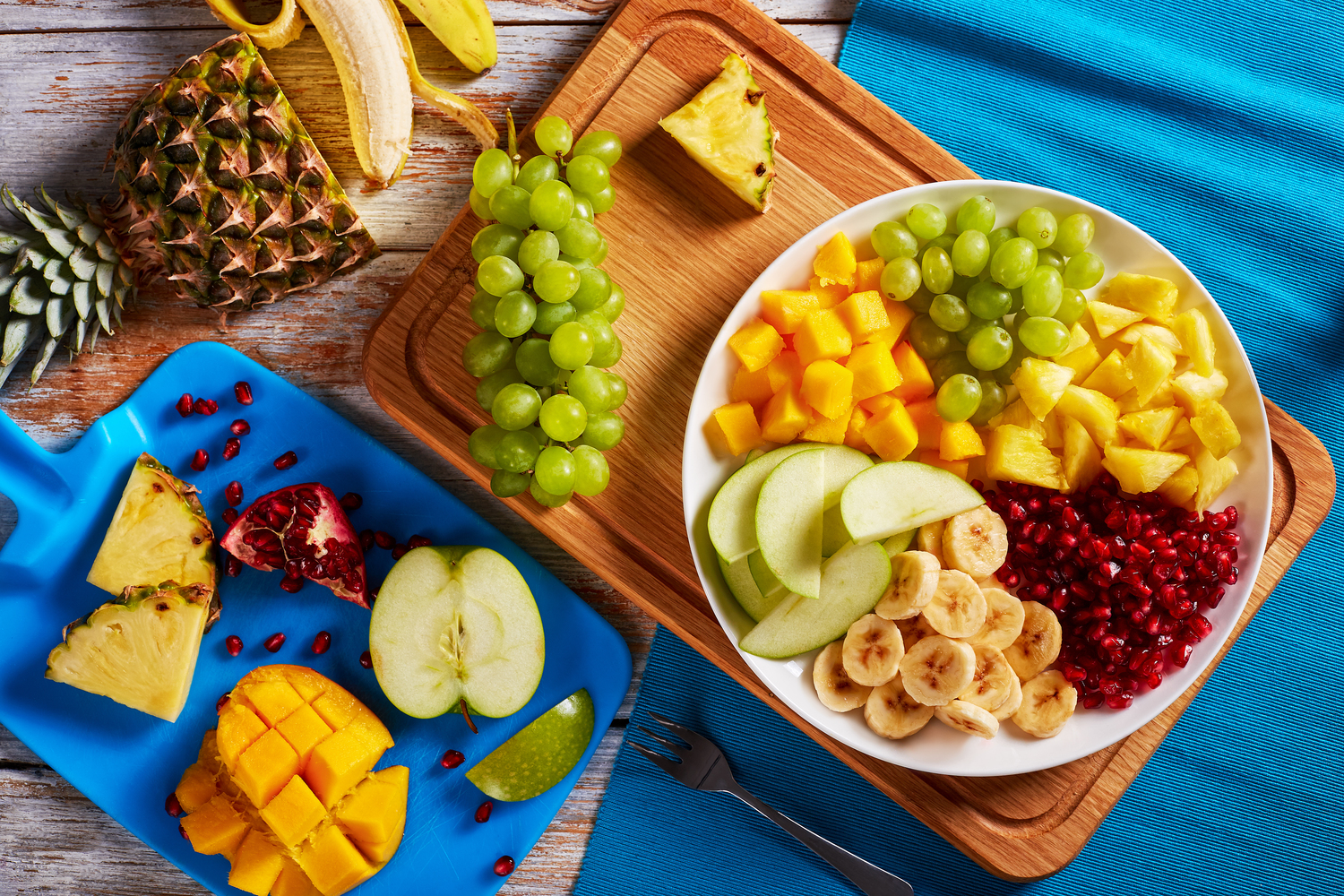
IBS Dietary Tips
IBS, or irritable bowel syndrome, is a functional disease of the gastrointestinal tract. There are no specific tests for it and when tests are done, they are negative. This includes colonoscopy and endoscopy. It is believed to be caused by spasms in the large intestine, yet the cause is unknown as of yet. People with IBS may have relatives with more serious digestive issues such as Crohn’s disease, but the connection has not been scientifically proven.
Symptoms can be many and varied. Most patients complain about pain in the abdomen, bloating, gas, diarrhea, constipation,(or both, alternatively) feeling of excessive fullness and general discomfort in the belly. Some patients may experience nausea. Some doctors recommend medications that either slow down or speed up the digestive tract. Linzess is a drug used to treat IBS with constipation as a primary symptom. Antispasmodic medications such as dicyclomine can help slow the gut for diarrhea prone patients. At times, a patient may benefit from both. Corticosteroids have been given to reduce severe and sudden IBS symptoms.
Diet has also been shown to soothe IBS symptoms and flare ups:
3. IBS diet
Diet changes are often recommended. Fatty foods and fried foods typically cause discomfort. Fast food of any type is greatly discouraged as it is typically high in fat. Caffeine acts as a bowel stimulant and should be avoided by people with IBS. Alcoholic drinks and carbonated beverages also aggravate IBS and should be avoided. Water is the recommended beverage of choice.
4. Food sensitivities
Doctors may test patients for gluten sensitivity or celiac disease, which is an autoimmune response to wheat gluten. This can lead to irritable bowel symptoms. Similarly, patients can be tested for lactose intolerance and if indicated, should avoid milk, milk products and any product that may contain “hidden” lactose, such as creamy dressings or sauces. Lactase enzymes or general digestive enzymes, available at health food stores and most drug stores help some people with lactose intolerance.
5. Low FODMAP diet
Some patients, with their doctors, opt for a low FODMAP diet. FODMAP is an acronym for certain food groups. Generally, it is a diet low in certain carbohydrates. It stands for foods that are fermentable, oligo-, di, monosaccharides and polyols. Although it may be difficult to stay on, some patients with IBS who try the diet see relief in a few days. Low FODMAP is quite a restrictive diet, though. It calls for eliminating fructose which includes fruit, honey and agave, although they are natural and generally healthy for most people. It also includes avoiding all dairy, wheat, garlic, onions. Beans, legumes, sugar alcohols (such as those in low sugar energy bars or protein shakes) and fruits with pits such as plums, are also to be avoided.
6. Keep track of what you eat
Since every patient is a little different, doctors will work with every patient individually based on their symptoms and reactions. Patients are often asked to create a diary or log to see if certain foods trigger symptoms.


